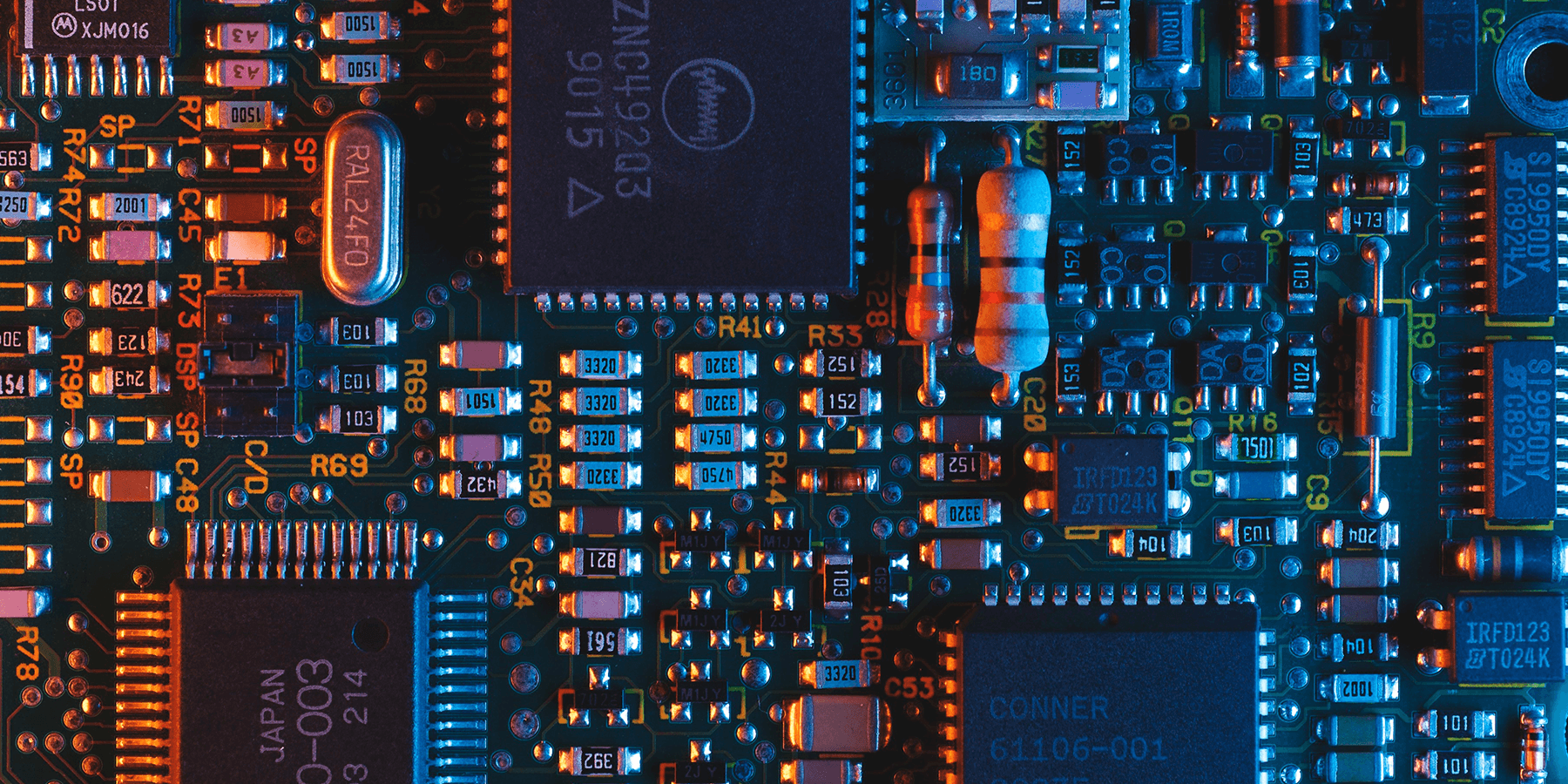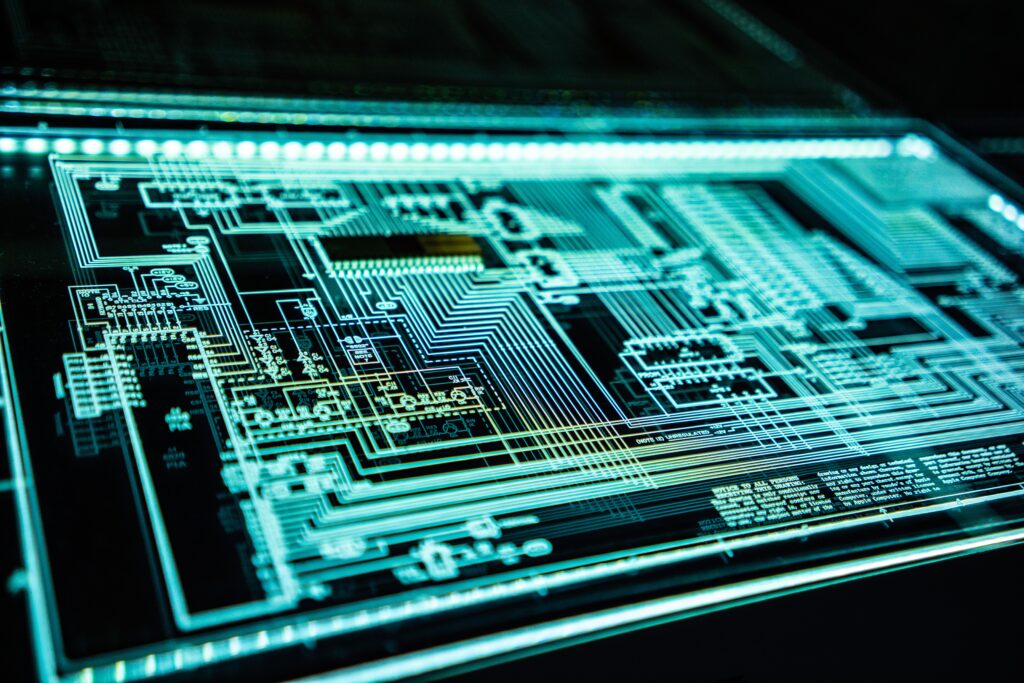Month: August 2023

What Applications Run Best on Bare Metal?
Bare metal servers are physical servers that are not virtualized, meaning they don’t have a layer of virtualization software between the hardware and the operating system. This characteristic of being “clean” of overhead makes them suitable for certain types of applications that require high performance, dedicated resources, and low-latency access to hardware.

Here are Some Examples of Applications that can Benefit from Bare Metal Servers:
Database Servers:
Databases, especially those handling high transaction volumes, benefit from the direct access to physical resources. This reduces contention and leads to better database performance.
Real-Time Applications:
Applications requiring low-latency responses, such as online gaming servers, financial trading platforms, and real-time communication services, benefit from the reduced overhead.
High-Performance Web Applications:
Web applications dealing with large numbers of concurrent users and complex processing take advantage of bare metal servers to ensure consistent performance and responsiveness.
Dedicated Hosting:
Applications that require complete control over hardware resources, including specific configurations and hardware optimizations, often opt for bare metal server for hosting.
Machine Learning and AI Training:
Training complex machine learning and artificial intelligence models often demands significant computational power and memory. Bare metal servers provide the required resources without the overhead introduced by virtualization.
High-Performance Computing (HPC):
Applications in scientific research, simulations, financial modeling, and engineering often require massive computational power. Bare metal servers provide dedicated resources and minimize virtualization overhead, resulting in better performance for these compute-intensive workloads.
Big Data and Analytics:
Data processing, analytics, and data warehousing tasks often involve large-scale data manipulation and processing. Improved performance and lower latency, which can be crucial for time-sensitive data analysis.
Certain applications have an absolute need for “clean” access to the underlying hardware, and for performance that comes from dedicated resources. The HorizonIQ Team will partner with you to discuss your specific requirements and how we can help your business achieve even more.
Explore HorizonIQ
Bare Metal
LEARN MORE
Stay Connected

Why AMD EPYC Processors Are Right for You
AMD EPYC processors are known for their high performance, advanced features, and scalability, making them ideal for a wide range of server applications.
We recently released several new models of standard server packages of AMD EPYC CPUs and chassis as part of our HorizonIQ Bare Metal offering.
In this blog, we’ll cover processor specifications, opportunities for customizations, use cases, and businesses that can benefit.

2nd and 3rd Generation AMD EPYC
We’ve introduced two new 2nd generation AMD EPYC models into the HorizonIQ fleet:
| Processor | Cores | Ghz | Max Ghz | Drive Bays |
| Single AMD EPYC 7302P | 16 | 3.0 | 3.3 | 10 |
| Single AMD EPYC 7402P | 24 | 2.8 | 3.35 | 10 |
Also, there are four new 3rd generation AMD EPYC models that include:
| Processor | Cores | Ghz | Max Ghz | Drive Bays |
| Single AMD EPYC 7313P | 16 | 3.0 | 3.7 | 10 |
| Single AMD EPYC 7443P | 24 | 2.85 | 4 | 10 |
| Single AMD EPYC 7543P | 32 | 2.8 | 3.7 | 4 |
| Single AMD EPYC 7643 | 48 | 2.3 | 3.6 | 4 |
These new chassis can support up to 10 NVMe drives installed, and the configurations have dual 10 Gbps Ethernet ports and can support from 128 GB to 2TB of RAM installed.
The chassis for the 7313P and 7443P can accept up to 10 SSD or NVMe drives for very high IOPS-intensive workloads. The standard chassis for the 7543P and 7643 models will accept 4 SSD or NVMe drives.
Custom Options for GPU Capabilities
Customized chassis can be ordered to include up to two NVIDIA graphic processing units (GPU). GPU options include NVIDIA A2, A10, A100, RTX A4000, and RTX A5000. This can make a useful solution for data analytics and for other high-performance computing (HPC) workloads.
Increased Drive Bays
Most of these new chassis can be upgraded to accommodate up to ten NVMe or SSDs. Also, chassis options can accommodate up to twelve mechanical (e.g. SATA) drives.
Consult with the HorizonIQ Team for additional customized solutions, including more drive count, GPUs, and NVMe/SSDs to meet your unique requirements. Chat Now.
Use Cases for AMD EPYC Processors
Web Hosting and Web Applications:
For hosting multiple websites and web applications, EPYC processors offer the processing power and memory capacity to handle a large number of concurrent requests.
Database Servers:
EPYC processors can power database servers handling transactions, data storage, and retrieval. Their high core counts and memory capacity are particularly useful for managing large-scale databases.
Big Data and Analytics:
Servers equipped with EPYC processors can handle large datasets and complex analytics tasks efficiently. This is crucial for applications like real-time data processing, machine learning, and artificial intelligence.
Virtual Desktop Infrastructure (VDI):
EPYC processors can efficiently handle VDI environments, enabling smooth operation of multiple virtual desktops and applications for users.
Rendering and Graphics Workloads:
Creative industries like media and entertainment often require powerful servers for rendering and graphics-intensive tasks. EPYC processors can accelerate these workloads, reducing rendering times.
Security and Encryption:
The EPYC processors’ robust security features, such as AMD Infinity Guard, are valuable for ensuring data protection and encryption for sensitive workloads.
AI and Machine Learning:
Servers using EPYC processors can handle AI and machine learning workloads, enabling faster model training and inference tasks.
Businesses that Can Benefit from AMD EPYC Processors
Financial Services:
EPYC processors can support the demanding computational requirements of financial services, including risk analysis, algorithmic trading, and high-frequency trading.
Healthcare and Life Sciences:
Servers powered by EPYC processors are used in genomics research, medical imaging, and drug discovery, where significant computational power is required for data analysis and simulations.
Oil and Gas Exploration:
EPYC processors can process seismic data and perform complex simulations used in oil and gas exploration, improving efficiency and accuracy.
AMD EPYC processors are versatile and capable of handling a wide range of workloads, making them a compelling choice for modern data centers and server deployments. The HorizonIQ team will partner with you to determine the processor model and customizations needed to meet the exact requirements of your application and workload.



